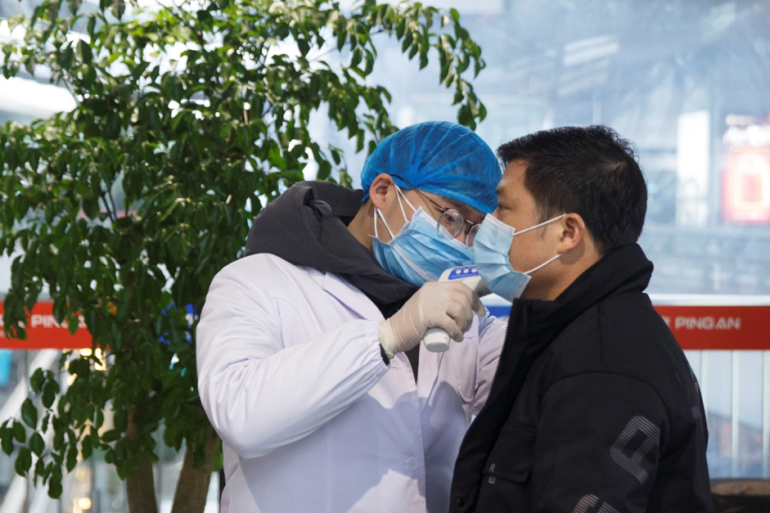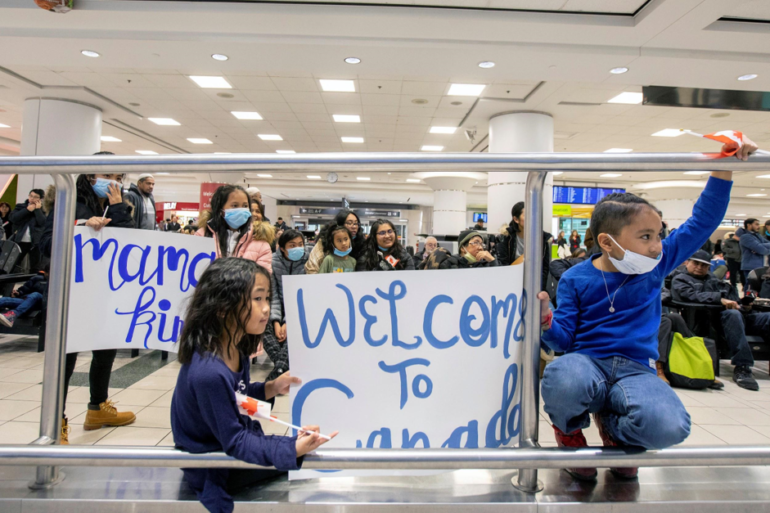
Sewon Hwang
There are more than 1,000 confirmed cases in China and other affected countries, and almost 80 deaths at the time of this report.
Now that there are two patients confirmed with the virus in the U.S. and other countries such as Japan, South Korea, Thailand and more, including Canada, which has two suspected patients under quarantine in Toronto.
The virus, according to the Centers for Disease Control, has pneumonia-like symptoms and is known to have originated in Wuhan, China.
Potential patients who might be concerned about being exposed to the virus are told to look out for fever, cough, and shortness of breath. The symptoms may take two to 14 days to appear.
Eleanor Fish, professor and associate chair at the International Collaborations and Initiatives at the Department of Immunology from the University of Toronto, said coronavirus so far has a higher transmission and mortality rates.
She said it is unknown which stage of the infection a person is considered infectious.
China has shut down all travel in or out of Wuhan, about 840 kilometres west of the coastal city of Shanghai, and installed similar safety measures as they did with SARS in 2002.
President Xi Jinping said the country is facing a “grave situation” according to state television.
The city has banned private vehicles, excluding authorized vehicles carrying supplies.
A 1,000-bed hospital is also being constructed, with only six days planned for the completion of the building.
China has currently implemented “enhanced health screenings” in airports and Hong Kong has declared an emergency and extended school holidays.
Many other infected countries are on extremely high alert as the virus continues to spread.
“The federal government is putting in place enhanced screening and detection measures at Toronto Pearson International Airport to further protect the health of the public,” said Christine Elliott, Deputy Premier and Minister of Health at Health Ontario.
Health Ontario said on Jan. 24 the province has put safety and screening measures in place.
Information cards are being given out to travellers, outlining symptoms in Chinese, English, and French. The information cards also encourage those who might have symptoms to seek immediate medical assistance.
Screening questions at border kiosks in Toronto, Vancouver, and Montreal now includes tips to Wuhan, which with a positive response, will be asked further screening questions and be determined by a border agent whether the traveller needs immediate medical attention.

In a 224-page report published by the National Advisory Committee on SARS and Public Health in October 2003, Canada took different measures to prevent the spread of that virus.
The screening process began with visual screening.
When the World Health Organization recommended screening departing travellers, Health Canada issued Health Alert Notices for incoming travellers.
The federal government further implemented other screening measures such as thermal scanners in Toronto.
Toronto Public Health said on Jan, 22 the new coronavirus has been listed on designated disease reportable under Ontario’s public health legislation, meaning doctors and other healthcare providers have to report any suspected or confirmed cases of the virus.
The report also states Ontario is prepared to handle this epidemic better than the past.
“All Ontarians should take comfort in knowing that our skilled healthcare providers are bringing their considerable experience to effectively monitor and, should it be needed, respond to this emerging situation,” Elliott said.
